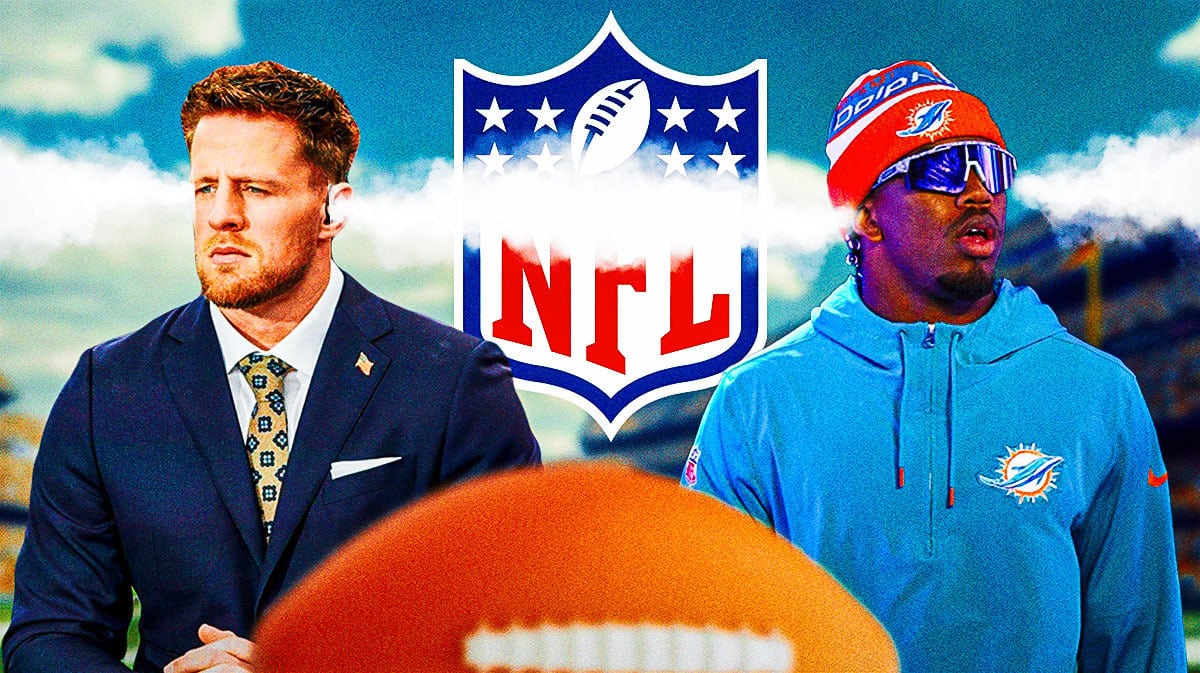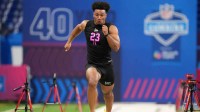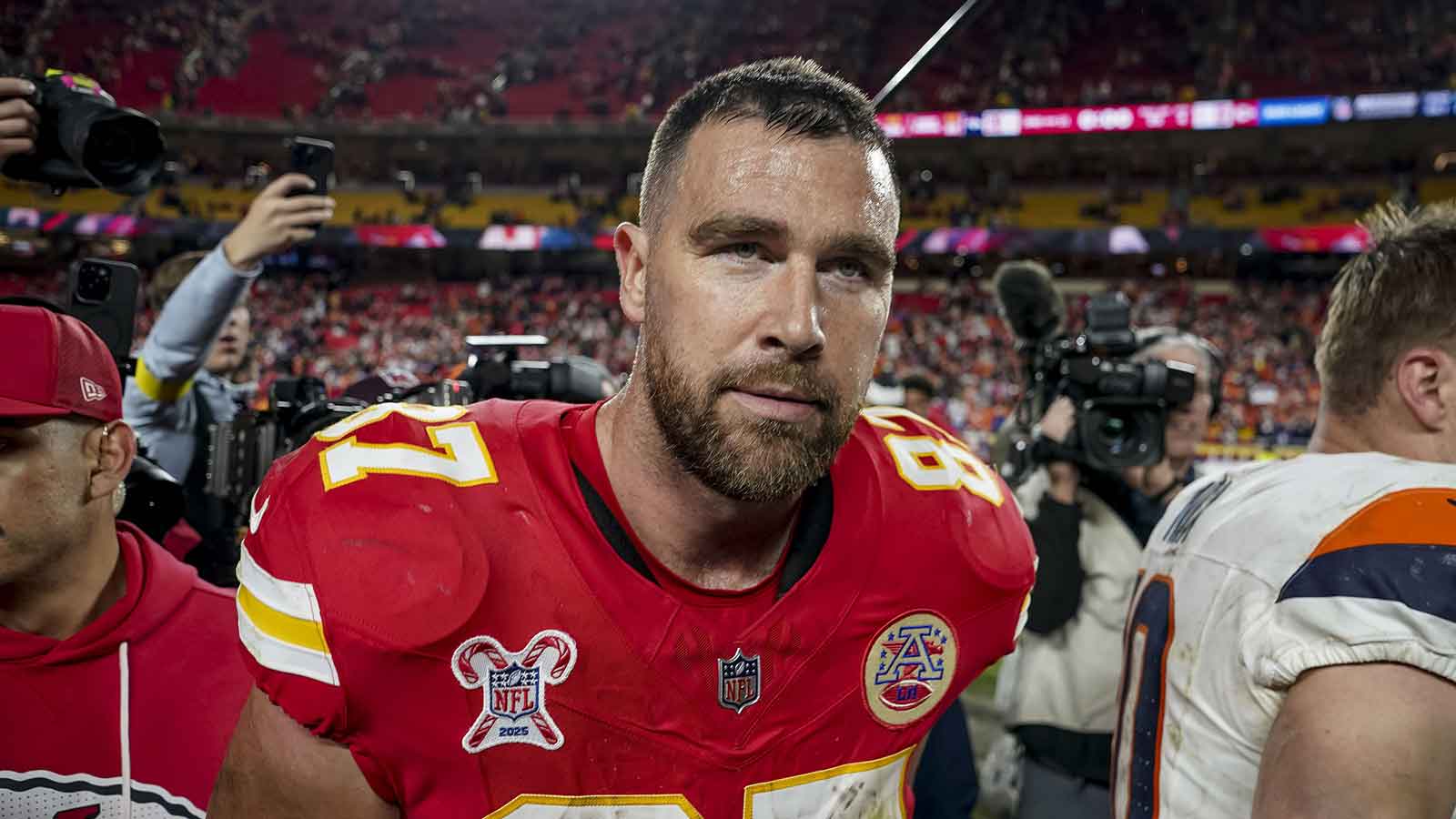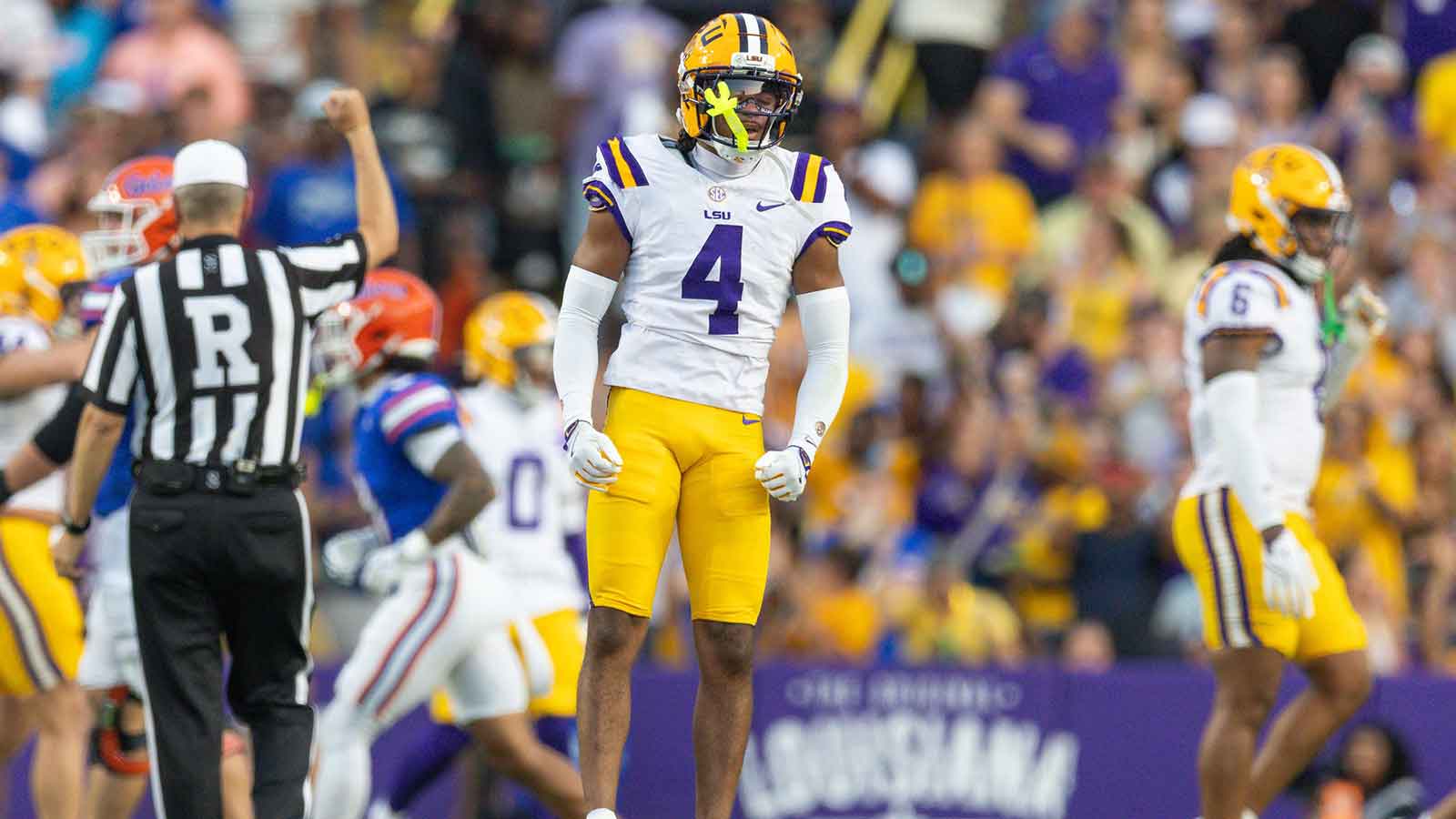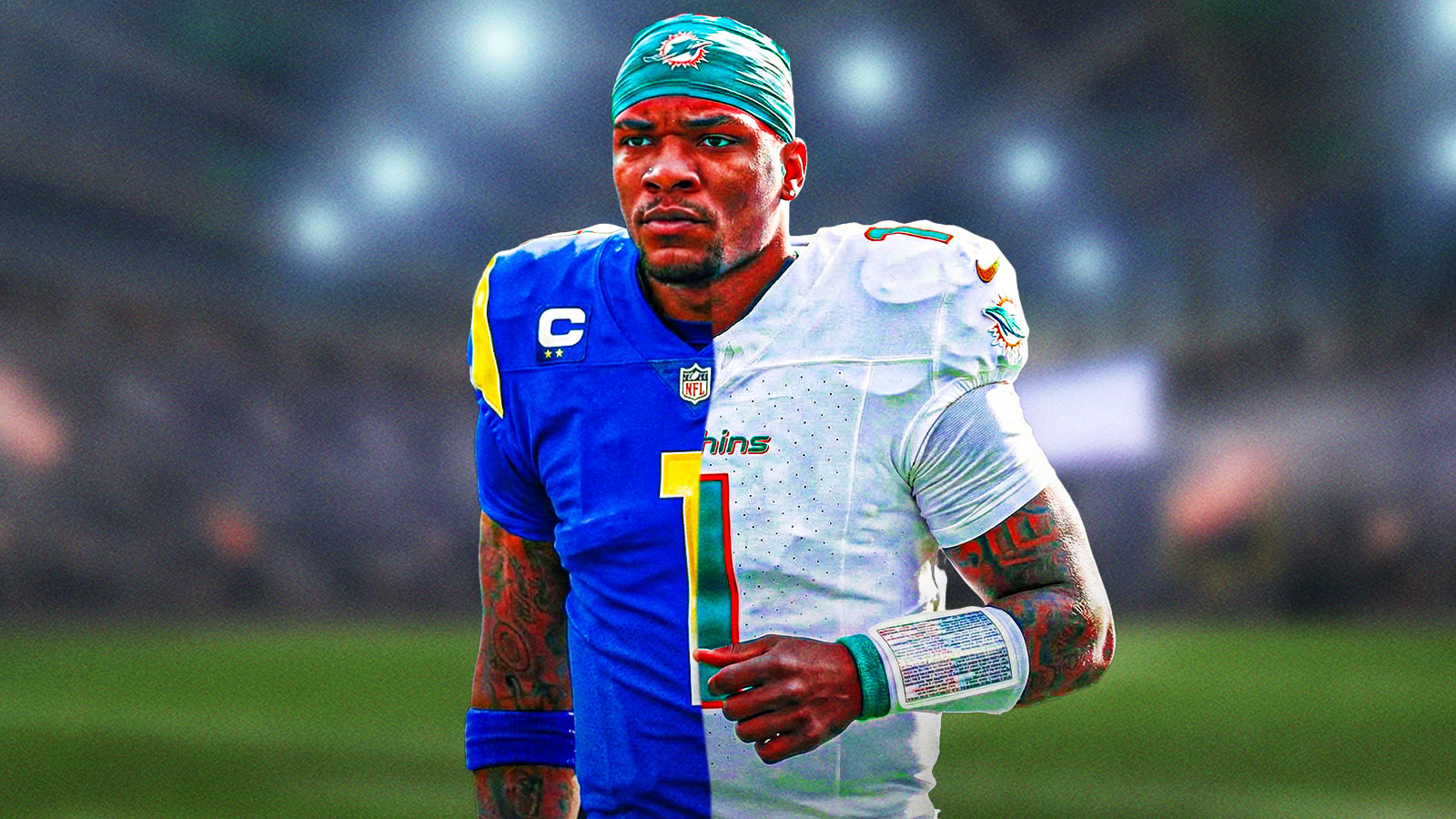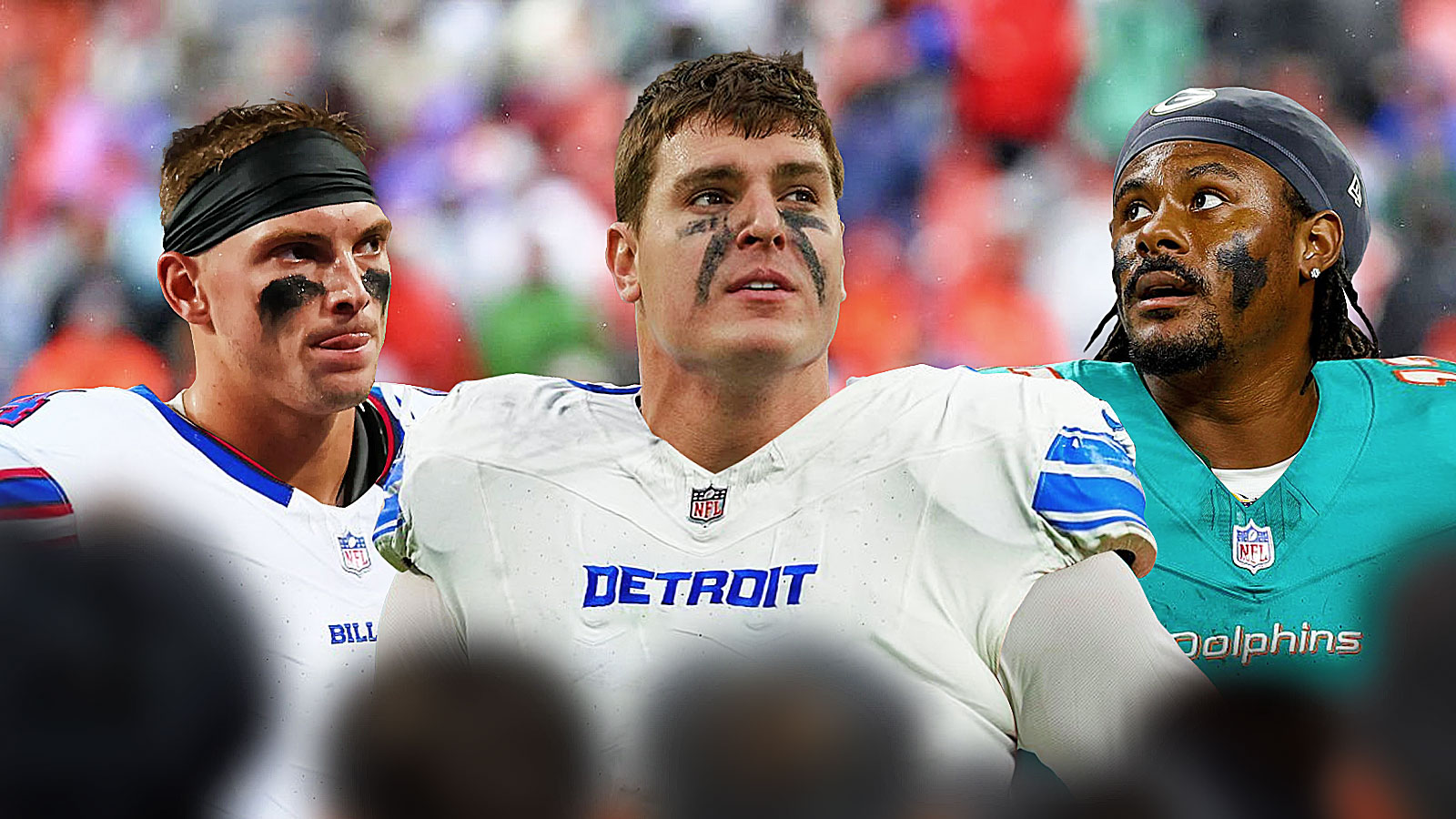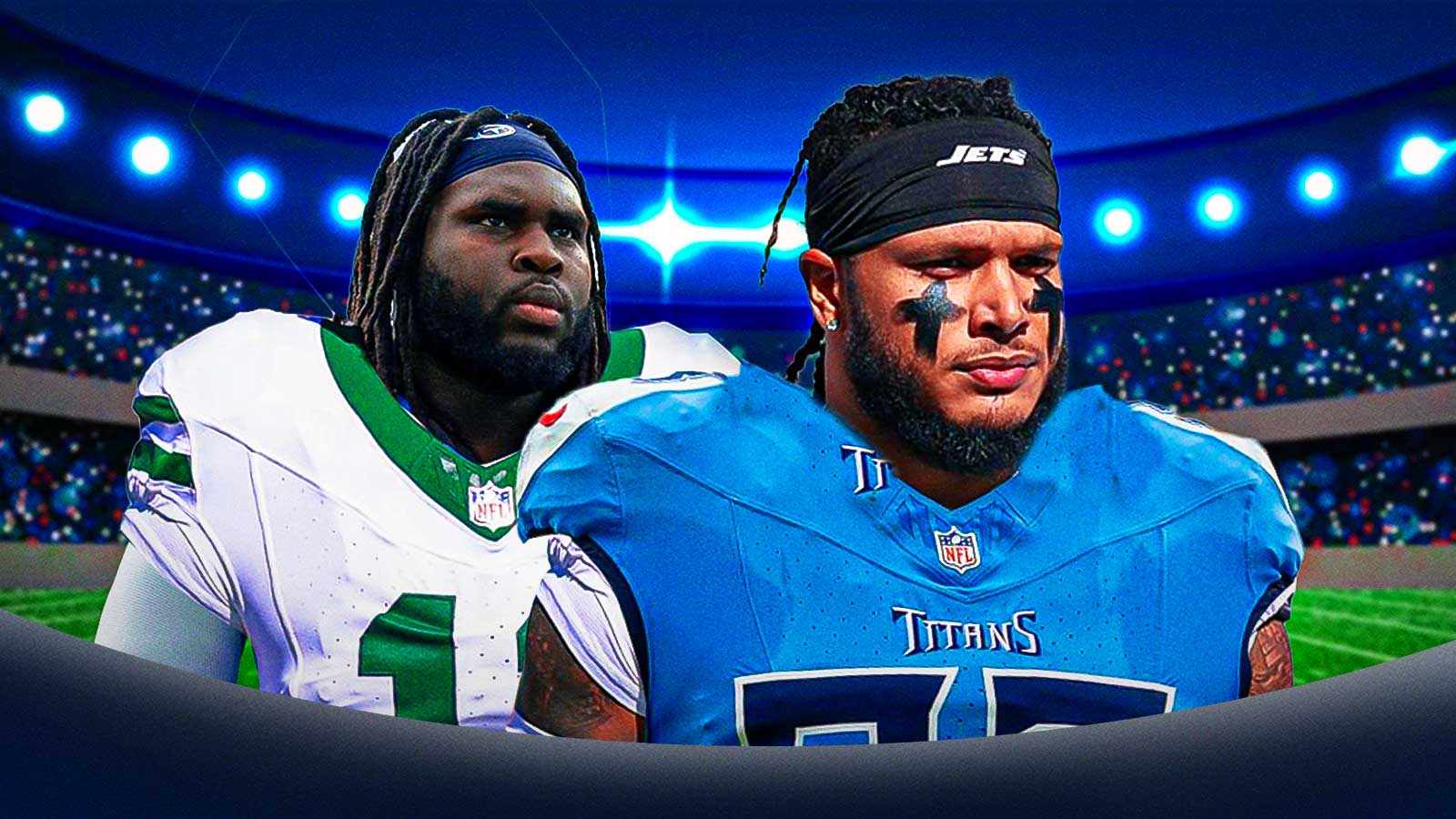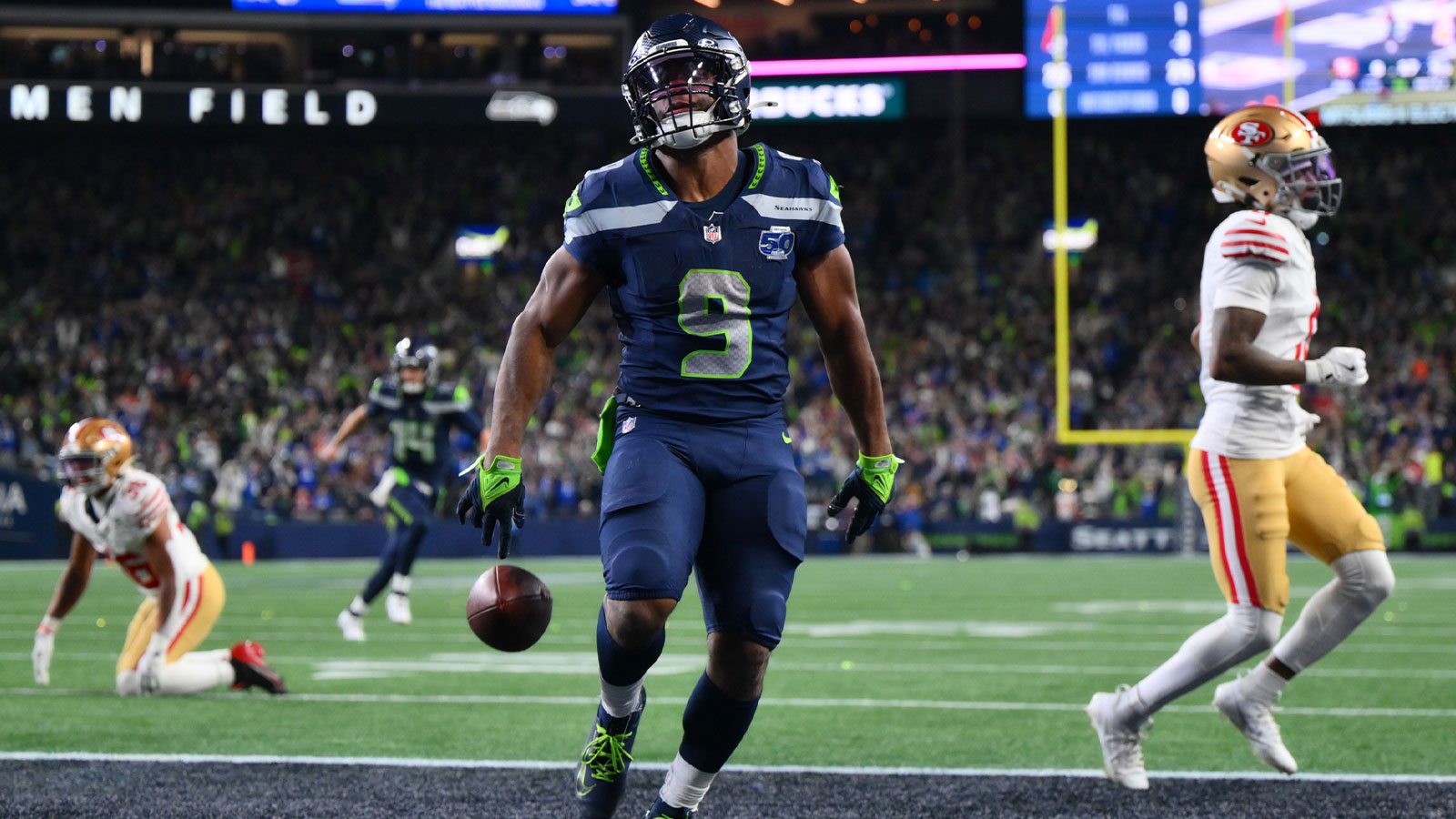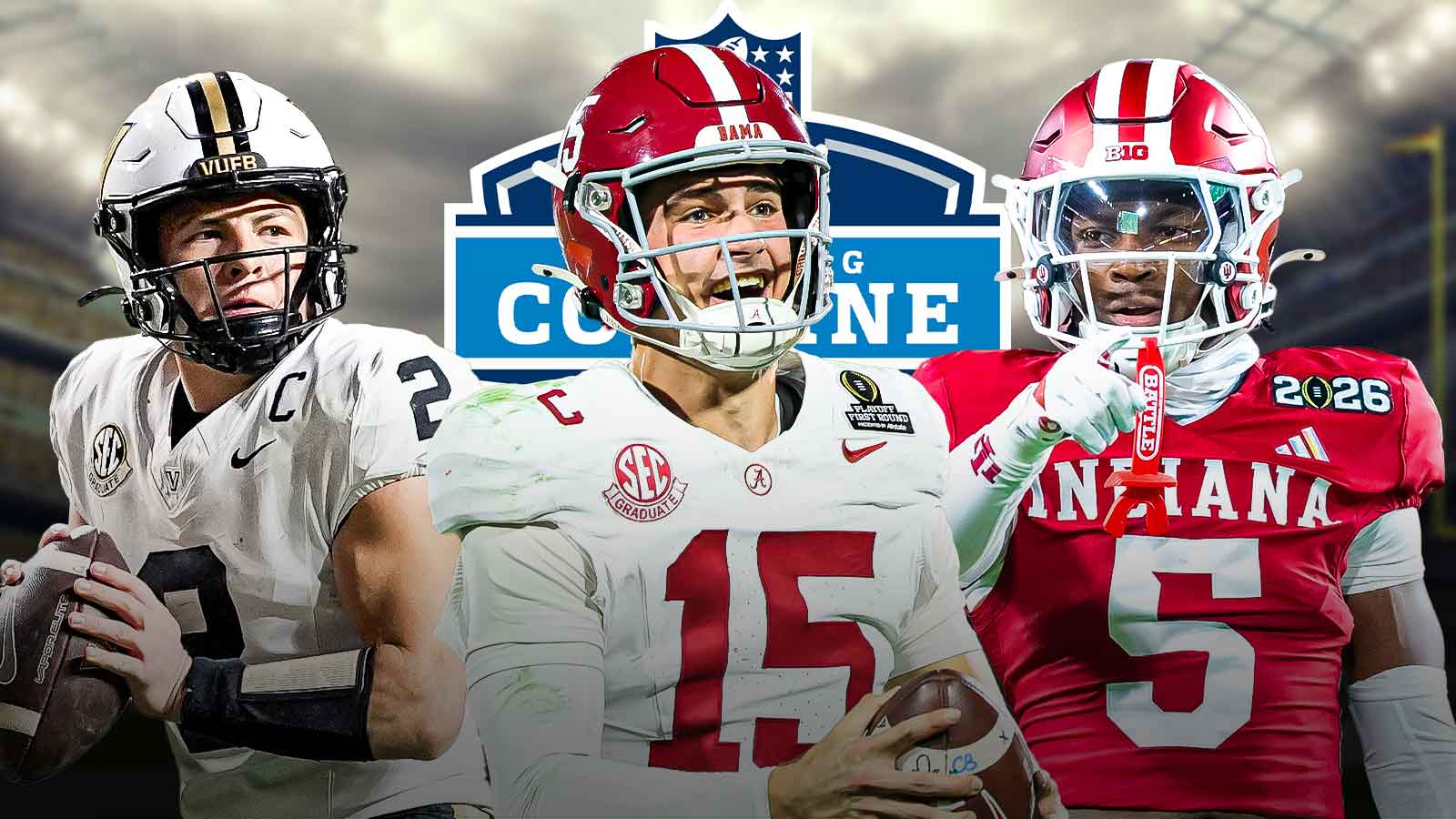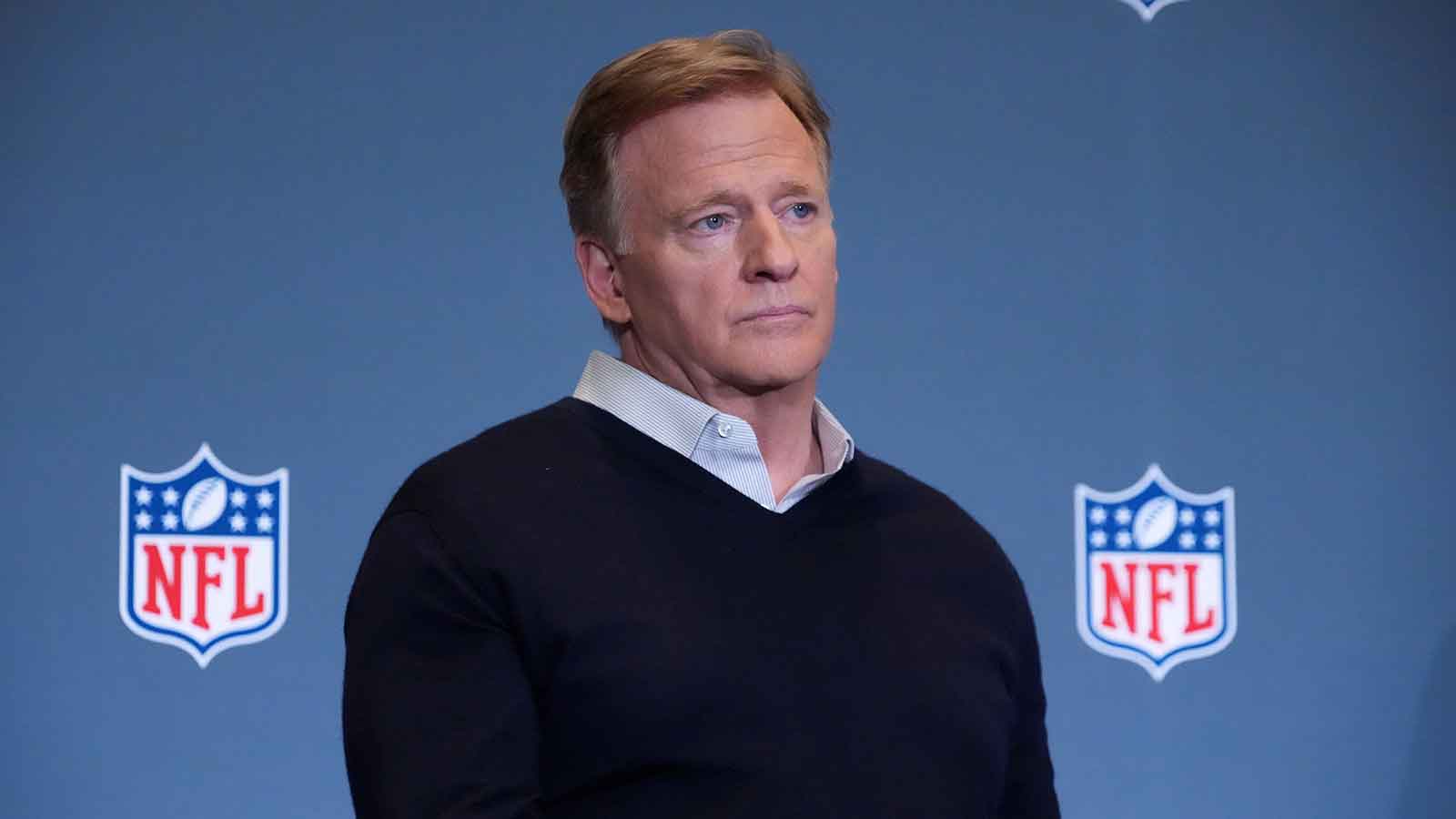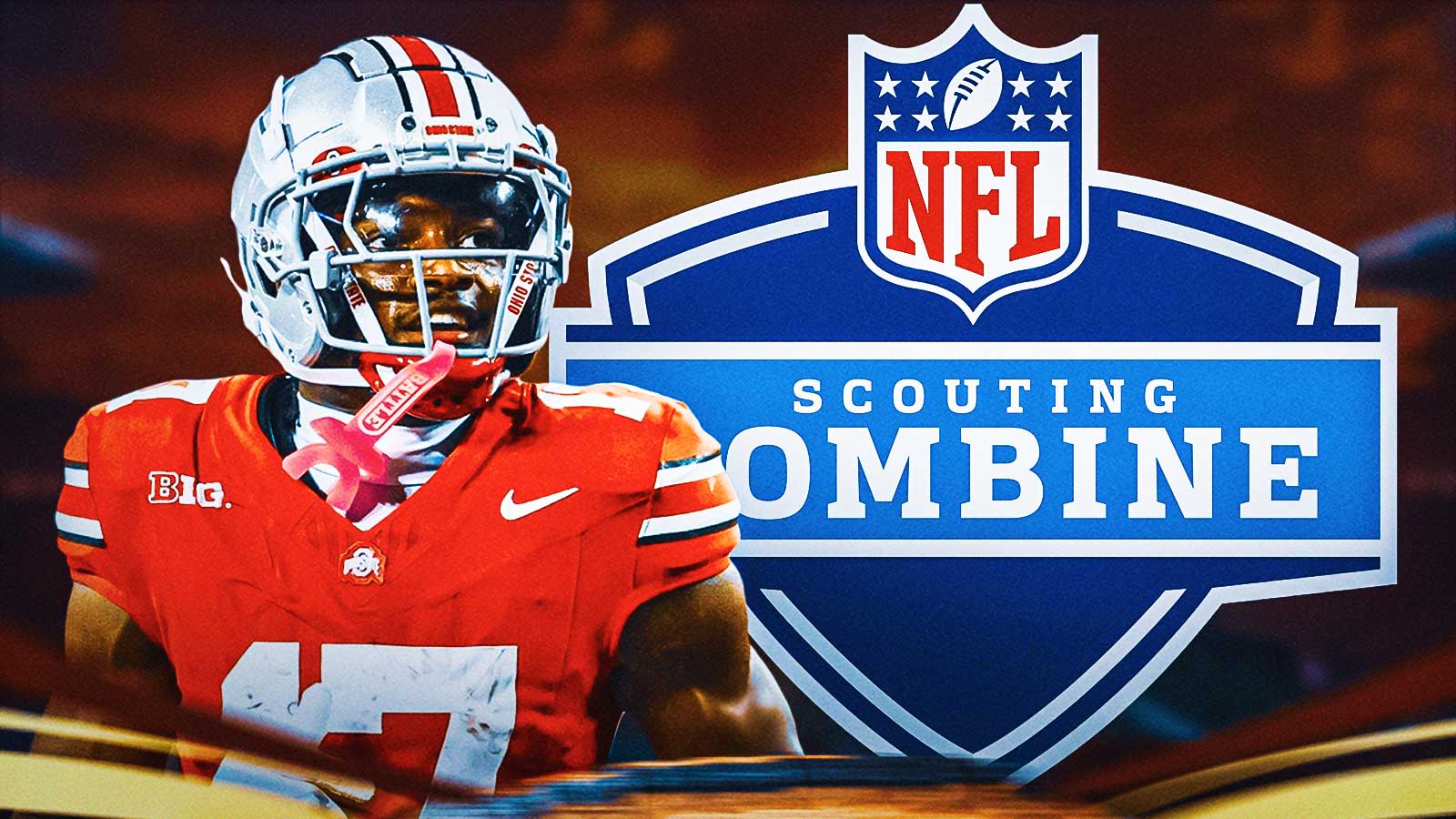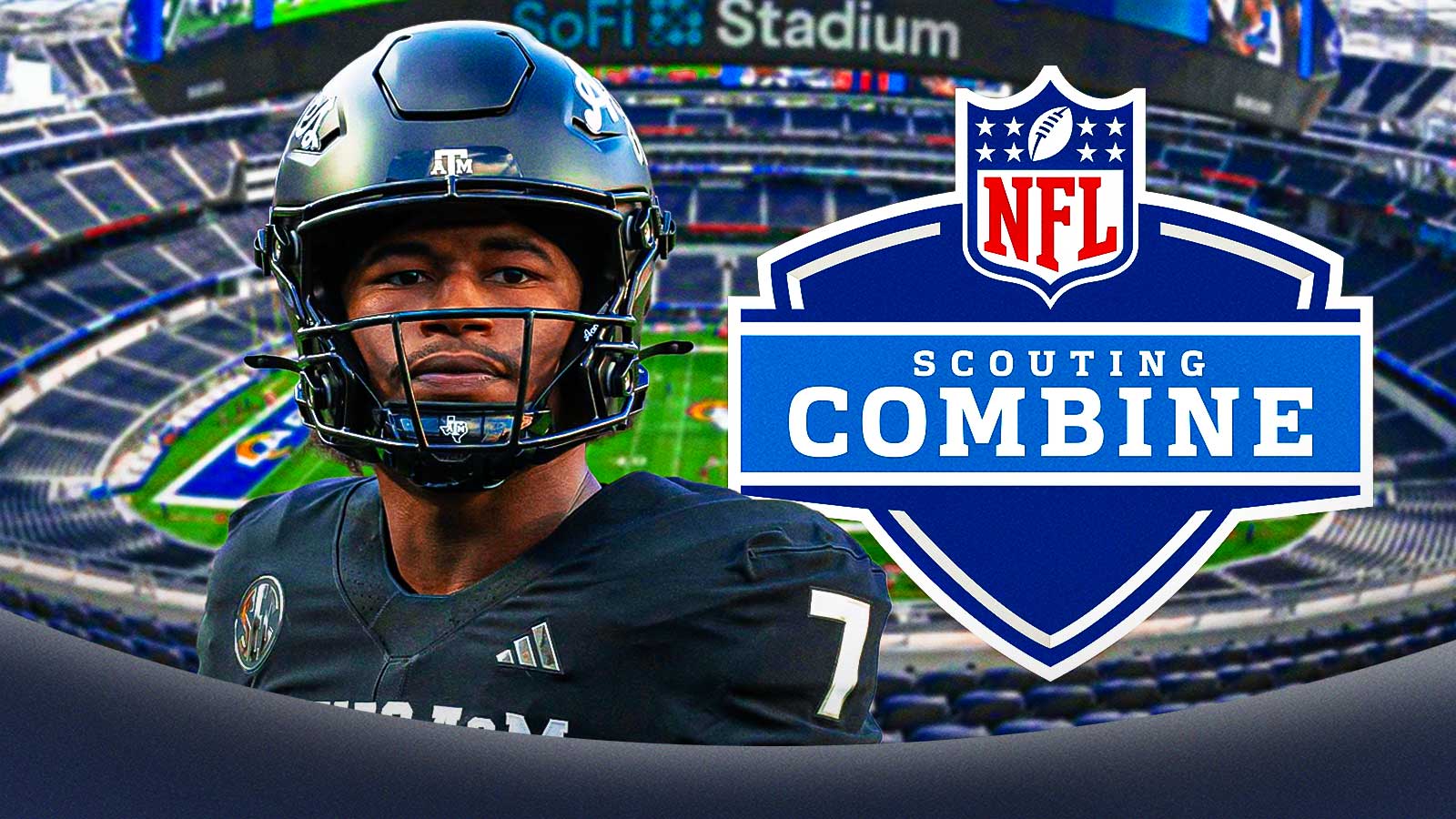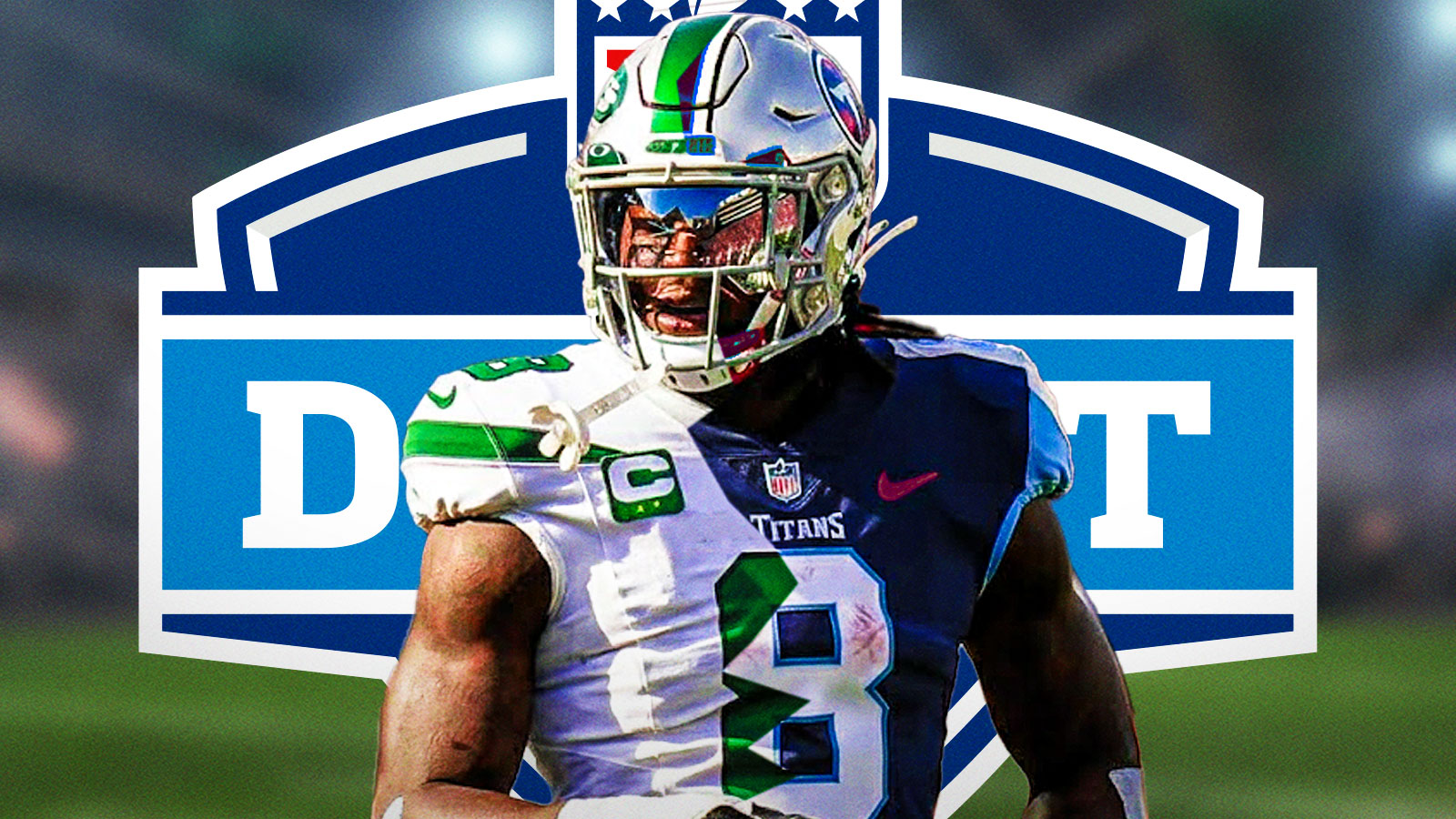Let the debate begin. The NFL is implementing multiple rule changes starting next season, with one in particular drawing strong reactions from players and fans alike. The hip-drop tackle is no more. Players will be penalized 15 yards, and an automatic first-down will be rewarded to the opposition.
“No surprise here, despite the {NFL Players Association's} objections,” Tom Pelissero of NFL Network posted on X. “The NFL made clear it wanted what it calls the swivel hip-drop tackle out of the game, and now it is. Expect more fines than flags as the league and coaches work to remove the technique.”
Owners voted to approve the banning of the controversial play, which occurs when a tackler grabs an offensive player by the waist, swivels and then lands on the lower leg area of the ball carrier. Injuries have risen because of the hip-drop tackle, per the NFL, incentivizing the league to take action.
Many have bemoaned the fact that it is becoming more difficult to successfully play defense in the NFL, but protecting offensive talent has been a top priority for ages now. Although fans crave hard-hitting, physical football, a vast majority of the public wants to see stars put points on the scoreboard. The business aspect of this process made this ban inevitable, regardless of how others feel about it.
Past and current NFL players react to new hip-drop tackle rule
Ari Meirov of The 33rd Team organized some of the most notable reactions to this huge rule change, some of which are quite scathing. “Just fast forward to the belts with flags on them,” future Hall of Famer JJ Watt tweeted. “Breaking news: Tackling Banned,” Miami Dolphins safety Jevon Holland wrote.
Even guys who played on the other side of the ball are not happy with the controversial move. “As an offensive player this is wild lol,” recently-retired running back Mike Davis posted. Judging by this type of backlash, an already difficult adjustment period could be downright grueling.
NFL players reacting to the league banning the hip-drop tackle… https://t.co/fFzGJqe7oO pic.twitter.com/qSChmUGfP4
— Ari Meirov (@MySportsUpdate) March 25, 2024
The most challenging component of this impending transition will be avoiding potential inadvertent movements that transpire over the course of a play. Super Bowl 56 champion Terrell Burgess puts the dilemma into simple terms. “How do you ban something that in some cases you can't control? Smh.”
There is ultimately no easy way to move forward, but the NFL hopes that this measure greatly increases the chances of playmakers staying on the field. The polarizing response will only intensify the first time a hip-drop tackle penalty is called in a pivotal spot in a game. Conversely, a potentially lower injury rate to ball carriers will leave the league and supporters of this rule feeling vindicated.
Additional NFL rule changes
The swivel hip-drop tackle was far from the only issue that was formally addressed by the league on Monday.
“This is big: NFL Competition Committee Chairman Rich McKay told me the replay assistant will now be permitted to correct certain types of incorrect calls for roughing the passer and intentional grounding,” Pelissero reported. “Must be purely objective (QB wasn’t hit in head, was out of pocket, etc.).
The hope is that this modification can limit end-of-game controversy, but more replay typically comes with plenty of obstacles that can also irk fans. The Competition Committee is also making an amendment that will “allow for an enforcement of a major foul by the offense” before a change in possession takes place in an instance where both teams are penalized.
Additionally, the NFL is passing a proposal made by the Detroit Lions that will award a team a third challenge if it is successful on at least one of their first two. The league appears to be headed for a fairly significant makeover, so players, coaches and the football-watching world must brace themselves accordingly.

